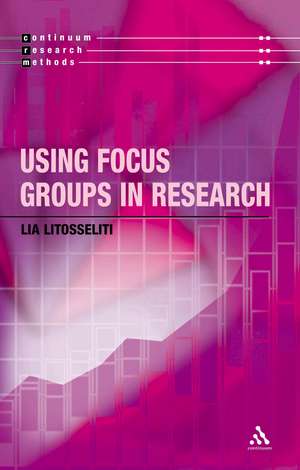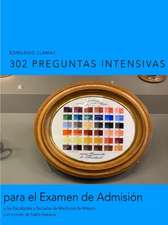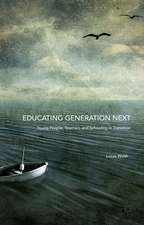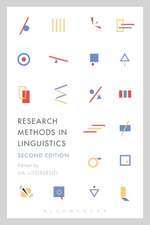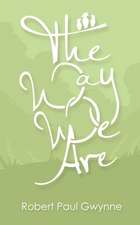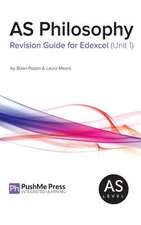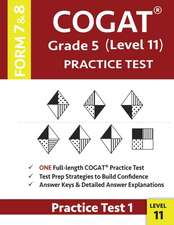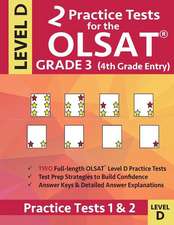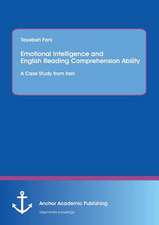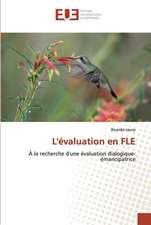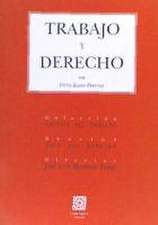Using Focus Groups in Research: Continuum Research Methods
Autor Dr. Lia Litosselitien Limba Engleză Paperback – 30 noi 2003
Preț: 220.17 lei
Preț vechi: 270.95 lei
-19% Nou
Puncte Express: 330
Preț estimativ în valută:
42.13€ • 44.11$ • 34.94£
42.13€ • 44.11$ • 34.94£
Carte tipărită la comandă
Livrare economică 09-23 aprilie
Preluare comenzi: 021 569.72.76
Specificații
ISBN-13: 9780826464729
ISBN-10: 0826464726
Pagini: 104
Ilustrații: further reading, references
Dimensiuni: 138 x 216 x 9 mm
Greutate: 0.15 kg
Editura: Bloomsbury Publishing
Colecția Continuum
Seria Continuum Research Methods
Locul publicării:London, United Kingdom
ISBN-10: 0826464726
Pagini: 104
Ilustrații: further reading, references
Dimensiuni: 138 x 216 x 9 mm
Greutate: 0.15 kg
Editura: Bloomsbury Publishing
Colecția Continuum
Seria Continuum Research Methods
Locul publicării:London, United Kingdom
Cuprins
1. Introducing focus groups-
Preliminaries and definitions
-What kind of focus group
-Focus groups as a qualitative research method in the social sciences
2. Benefits and limitations of focus group methodology
-When to use groups and for what kinds of questions
-Limitations of focus groups
3. Planning and organising focus groups
-Selecting the participants
-The role of the moderator
-Selecting a location and other praticalities of setting up focus groups
-Ethical issues
4. Developing and asking questions
-The topic guide of questioning route
-Types of questions-Kinds of questions
5. Conducting focus groups
-Before the focus group session
-Stages of the focus group session
-After the session
6. Analysing focus group data
Further reading
References
Preliminaries and definitions
-What kind of focus group
-Focus groups as a qualitative research method in the social sciences
2. Benefits and limitations of focus group methodology
-When to use groups and for what kinds of questions
-Limitations of focus groups
3. Planning and organising focus groups
-Selecting the participants
-The role of the moderator
-Selecting a location and other praticalities of setting up focus groups
-Ethical issues
4. Developing and asking questions
-The topic guide of questioning route
-Types of questions-Kinds of questions
5. Conducting focus groups
-Before the focus group session
-Stages of the focus group session
-After the session
6. Analysing focus group data
Further reading
References
Recenzii
'Intended as an introduction to Focus Groups for research students, this book is a god-send for anyone considering the pros and cons of this approach, and a valuable practical toolkit for putting focus groups together. Its academic background makes this even more useful. It is properly referenced throughout, and sufficiently rigorous for its stated purpose - supporting MPhil and PHD students. Despite this - or perhaps because of it - it is written in clear, accessible English and introduces all the necessary concepts as it goes along.'
